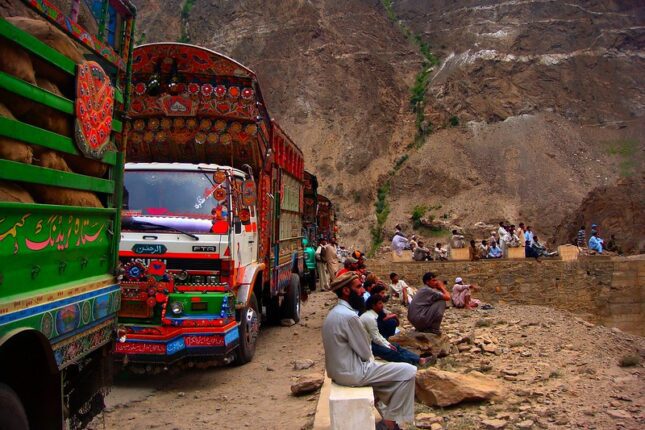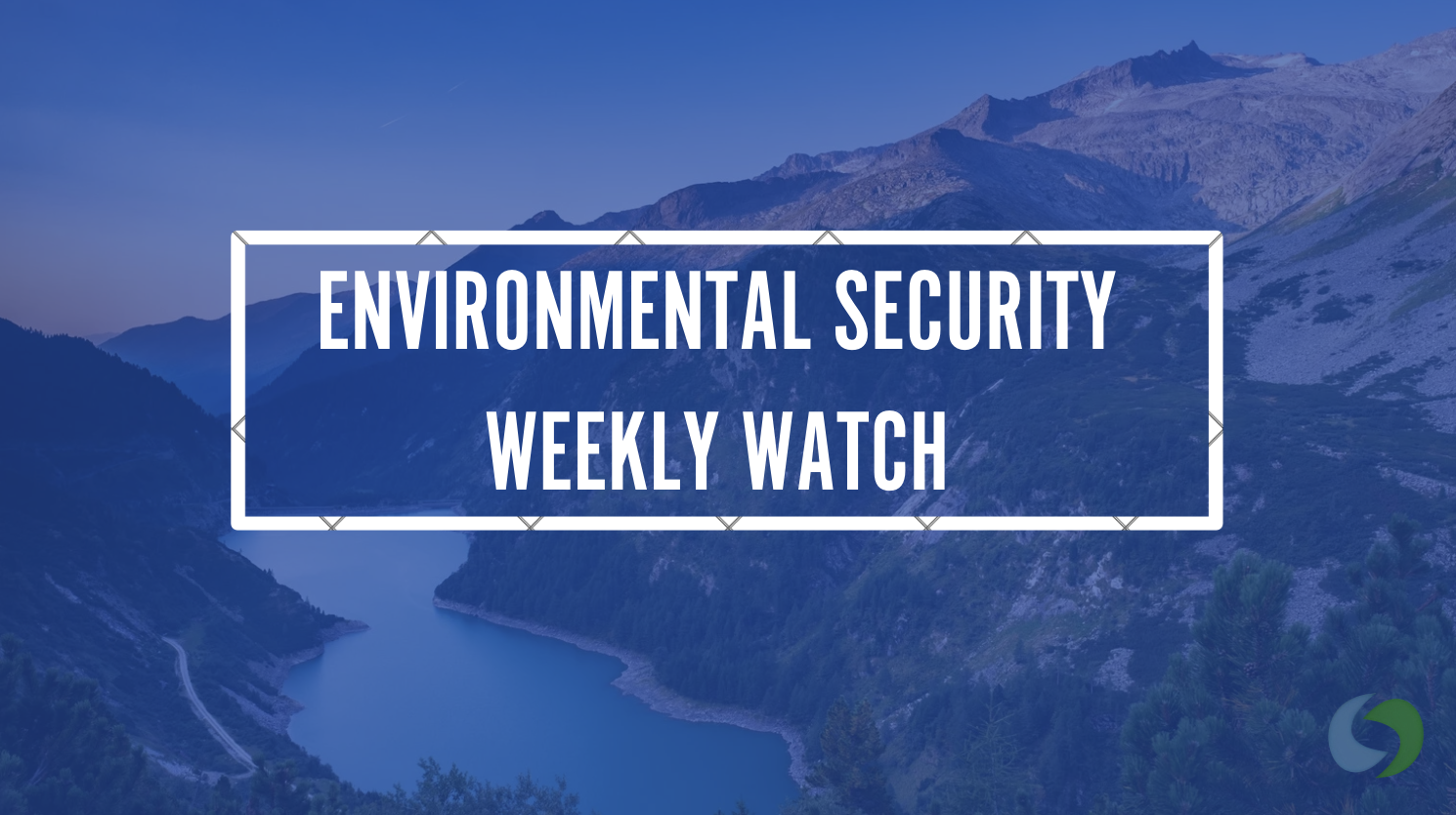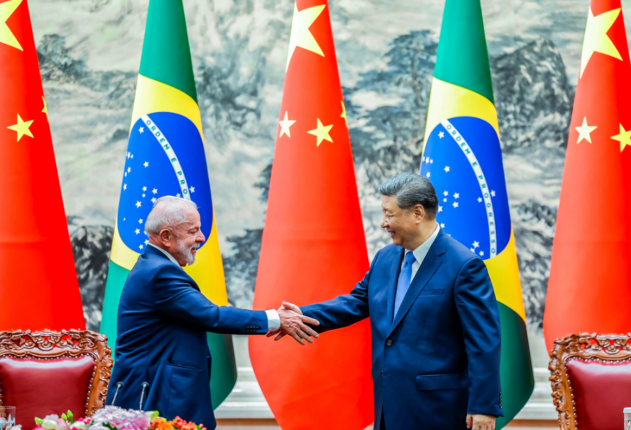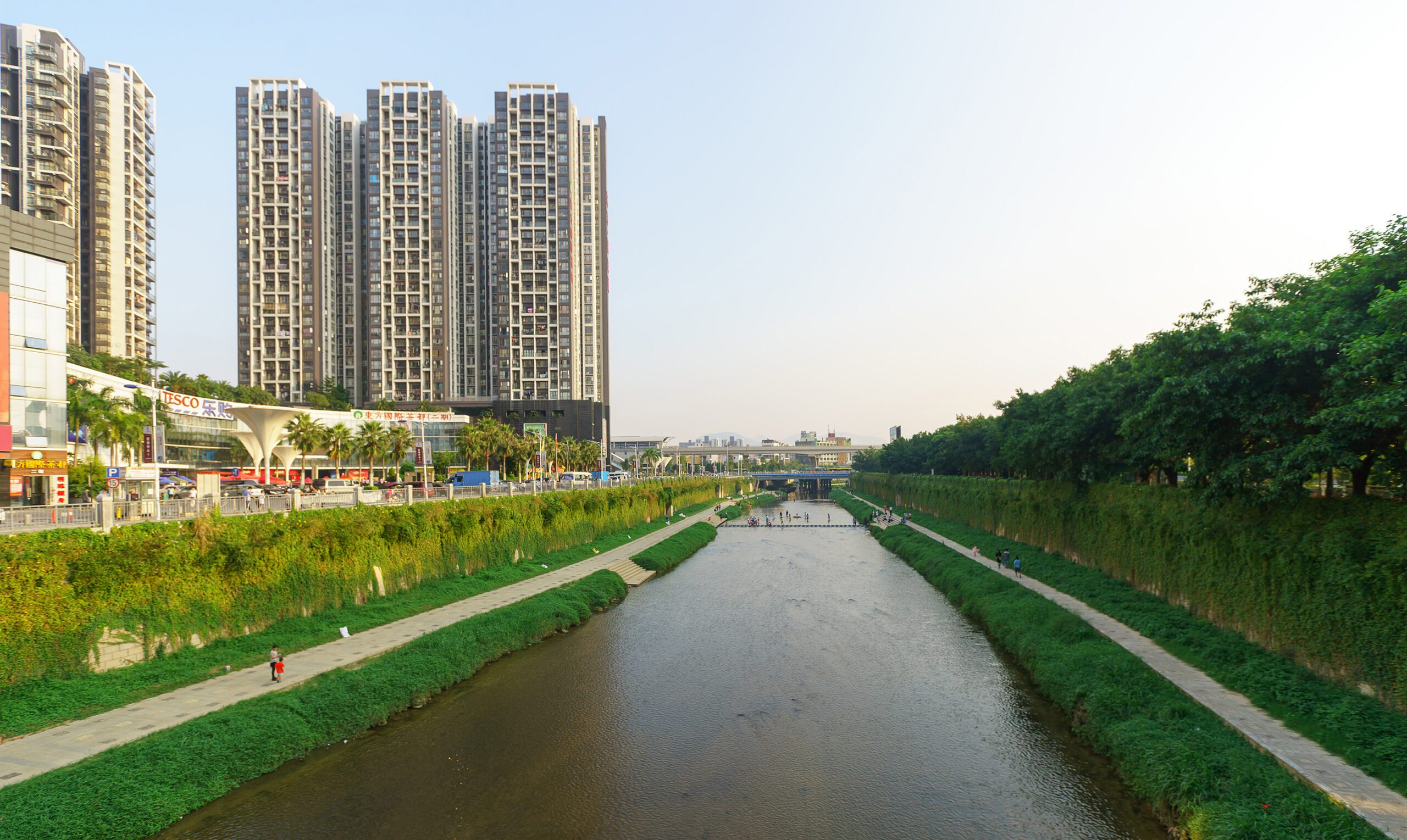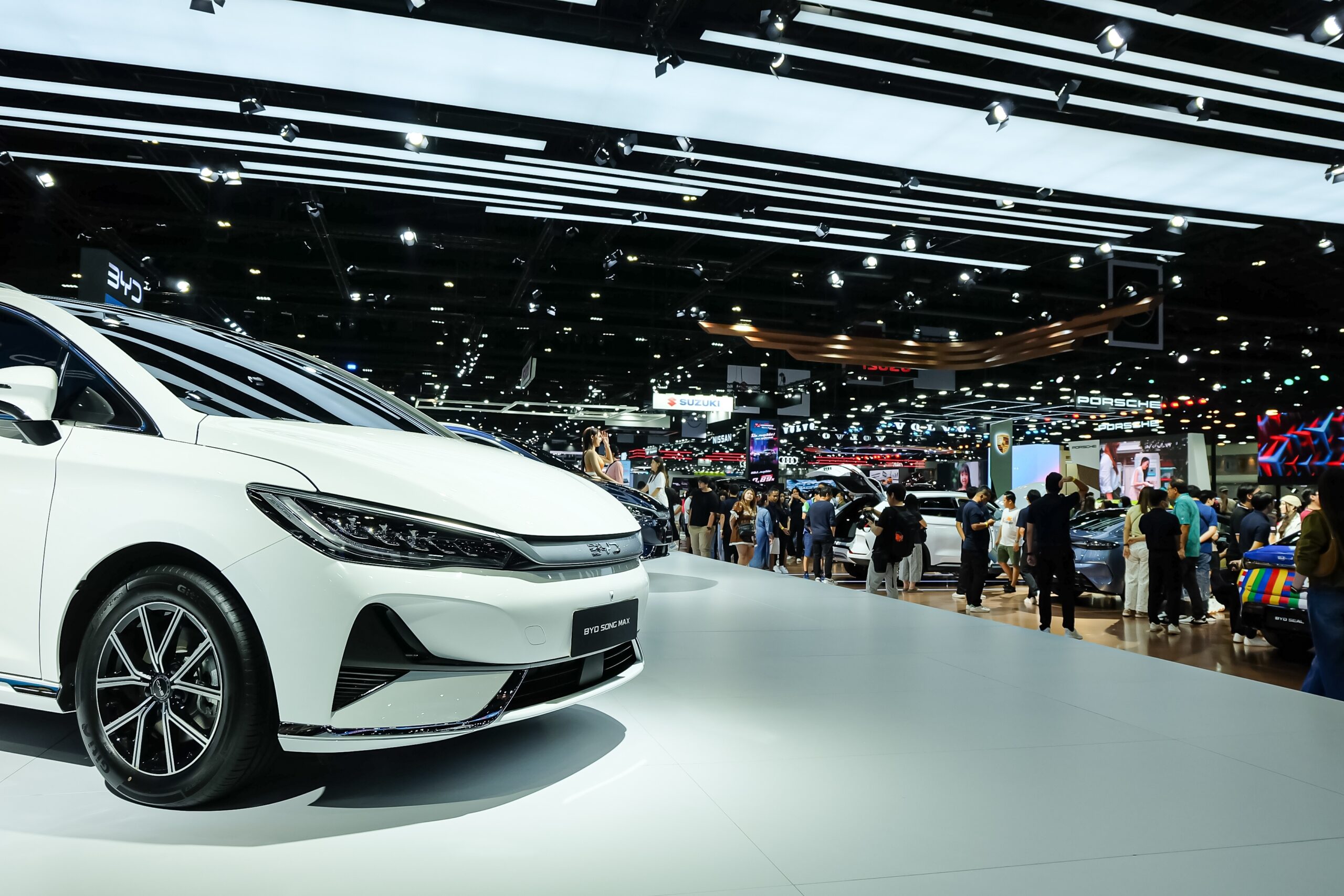-
Environmental Security Weekly Watch: October 13-17, 2025
›A window into what we’re reading in the Stimson Center’s Environmental Security Program
Assessment of UNESCO Sites Reveals Climate Impacts (Mongabay)
Initial data from the first ever global biodiversity and climate assessment indicates that 98% of UNESCO’s 2,200+ World Heritage Sites, Biosphere Reserves, and Geoparks have experienced at least one climate-related extreme event since 2000, including massive wildfires, droughts, and retreating glaciers. The effort to track such effects will now be augmented by UNESCO’s new Sites Navigator, a geospatial platform that integrates over 40 datasets to track climate impacts, biodiversity loss, and socioeconomic conditions in real time.
-
China’s Belt and Road in Pakistan: What CPEC Leaves Behind
›Launched in 2013, China’s Belt and Road Initiative (BRI) has drawn wide global attention, with scholars and policymakers examining its geopolitical and economic implications. Much less explored, however, are the subnational impacts of BRI in participating countries. The China Pakistan Economic Corridor (CPEC), adopted as Pakistan’s flagship BRI project in 2015, offers a case in point.
-
Environmental Security Weekly Watch: September 1-5, 2025
›
A window into what we’re reading at the Stimson Center’s Environmental Security Program
Chinese Company Accused of Covering Up Extent of Major Toxic Mining Spill in Zambia (Associated Press)
In February, a dam collapse at Chinese-owned Sino-Metals Leach Zambia copper mine released toxic waste into the Kafue River, which provides water for over half of Zambia’s 21 million people. An independent investigation by South African company Drizit found that 1.5 million tons of toxic material were released in the spill, which is 30 times more than Sino-Metals admitted to spilling. When Drizit’s investigation was set to reveal extensive contamination verified through 3,500 samples, Sino-Metals terminated their contract one day before the final report was due.
-
Environmental Security Weekly Watch: August 25-29, 2025
›
Amazon Nations Sign Political Blueprint for Rainforest Protection (Associated Press)
Presidents from South America’s Amazon nations gathered in Colombia’s capital to sign the Declaration of Bogotá on August 22, 2025,. This political blueprint establishes cooperation across a region that spans over 2.5 million square miles and has a crucial role in to play as a massive carbon sink that slows global warming. Signatories hope that it is a sign that the region will move past political rhetoric to concrete actions.
-
The Cost of Ceding the Field to China on Climate Change
›
Summer is often a time for grim climate milestones, as ever-more intense heatwaves scorch large swathes of the planet. But this year, the bad news arrived earlier than usual when the United States refrained from sending representatives to the UN-sponsored climate talks in Bonn, Germany, for the first time in the talks’ 30-year history. The intercessional talks are in some ways more important ever than the more widely reported on climate COPs because they are where many especially tricky issues are negotiated. The Trump Administration’s unilateral withdrawal from international negotiations is bad news for the climate. But it is even worse news for US national security. Climate diplomacy is a big part of soft power and influence, and Washington is rapidly losing out to Beijing.
-
From Waste to Wear: Chinese Startup Revolutionizing Sustainable Fashion with Recycled Materials
›China Environment Forum // Guest Contributor // waste // March 13, 2025 // By Yunhuan Chen, Haiying Lin & Haifeng HuangIn December 2024, the Global Plastic Treaty delegates kicked the plastic bottle down the road, delaying a final agreement to rein in the plastic pollution plaguing the planet. Recycling has failed to solve the problem, with most single-use plastic waste ending up in landfills (50%), incinerators (19%) or leaked into the environment (22%). Ultimately, the world needs to produce significantly less single use plastics and more reusable packaging. There is also a need to create better technologies and policies to push companies to transform plastics into new products.
-
Decoding China’s Response to Environmental Justice Movement in Shenzhen
›China Environment Forum // Guest Contributor // Vulnerable Deltas // January 23, 2025 // By Zhao Zhong & Kuoray MaoThe Wutongshan River flows through the east suburbs of Shenzhen and the basin is an important ecological zone for Shenzhen, which is often referred to as the “lungs of Shenzhen.” Rich in plant and animal resources, this area is the city’s natural museum and a genetic reservoir for flora and fauna. The river importantly provides 70% of Hong Kong’s and 40% of Shenzhen’s water.
-
Charged Up: China Driving Thailand’s EV Industry
›China and the Global Energy Transition // China Environment Forum // Guest Contributor // January 9, 2025 // By Nayan SethIn April 2024, Thai government officials traveled to the Chinese provinces of Fujian and Guangdong with a single-point agenda – convincing the leading Chinese electric vehicle (EV) battery makers to invest in their country. Two months later, the global leader in the EV battery industry, China’s Contemporary Amperex Technology Limited (CATL), announced an initial investment of over $100 million to set up an assembly plant in collaboration with a local Thai state-owned company.
Showing posts from category China.



